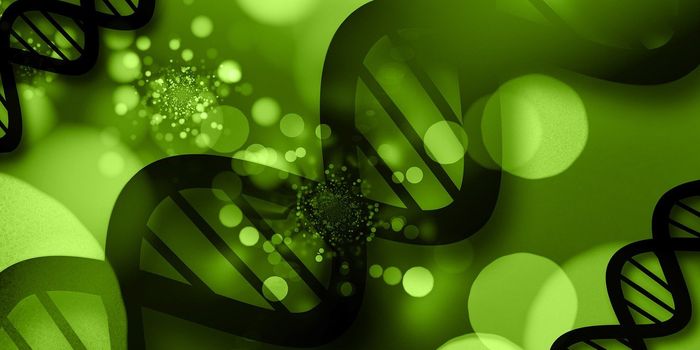Organic Produce Lessens Breast Cancer Risk
Organic foods and their health benefits are a source of constant study. These foods, which are free of synthetic pesticides, are becoming more popular as the evidence mounts of the health risks of various pesticides. For nearly 20 years, the sales of organic foods have grown by about 14 percent per year. Now, a recent study published in Current Developments in Nutrition reports that eating organic produce is associated with reduced breast cancer risk.
Organic Diets and Breast Cancer
This study used data from 39,563 women between the ages of 35 and 74. They reported their consumption of various organic foods over a year. Their diets were ranked and scored. The authors adjusted “for potential confounders, including known risk factors for breast cancer.” They found 2,336 diagnoses of breast cancer at least one year after enrollment, with a mean follow-up of nine years. About 62 percent of the women ate some amount of either organic meat, dairy or produce.
“Consumption of organic produce half or more than half the time was associated with reduced risk of breast cancer compared to no organic produce consumption,” the study states. While organic dairy and meat did not produce such a trend, the researchers state that any organic food consumption at all was inversely associated with breast cancer, “especially estrogen receptor negative cancer.” Factors such as family history, obesity, demographics, lifestyle, menopausal status and cancer screening did not alter the associations discovered.
Organic Food Health Benefits
A reduction in pesticides is one of the main potential health benefits of organic food. Organic foods are also free of antibiotics. Using antibiotics in farming is often tied to farming practices in which animals would otherwise become ill. This practice can cause antibiotic resistance, and meats produced on conventional farms may have a higher occurrence of antibiotic-resistant bacteria. Organic farms also refrain from using the growth hormones some conventional farms give animals, which have been linked to increased cancer risk.
According to the Mayo Clinic, some organic foods contain more nutrients like flavonoids, which have antioxidant properties. And, organic meats, dairy and eggs sometimes possess more omega-3 fatty acids -- the kind of fat that is more heart healthy.
Organic grains have been found to have less of the toxic metal cadmium, likely due to the ban on synthetic fertilizers on organic farms.
Organic foods are typically more expensive. "The most important groups to buy organic, in my opinion, include foods you eat daily and produce on the Dirty Dozen list—those with the highest pesticide residues,” registered dietitian Cynthia Sass told Time. She also recommends buying meat, eggs and dairy from organic farms.
“Association Between Organic Food Consumption and Breast Cancer Risk: Findings from the Sister Study,” was published in June 2019 and was funded by the National Institute of Environmental Health Sciences.
Sources: Current Developments in Nutrition, Time, Mayo Clinic










